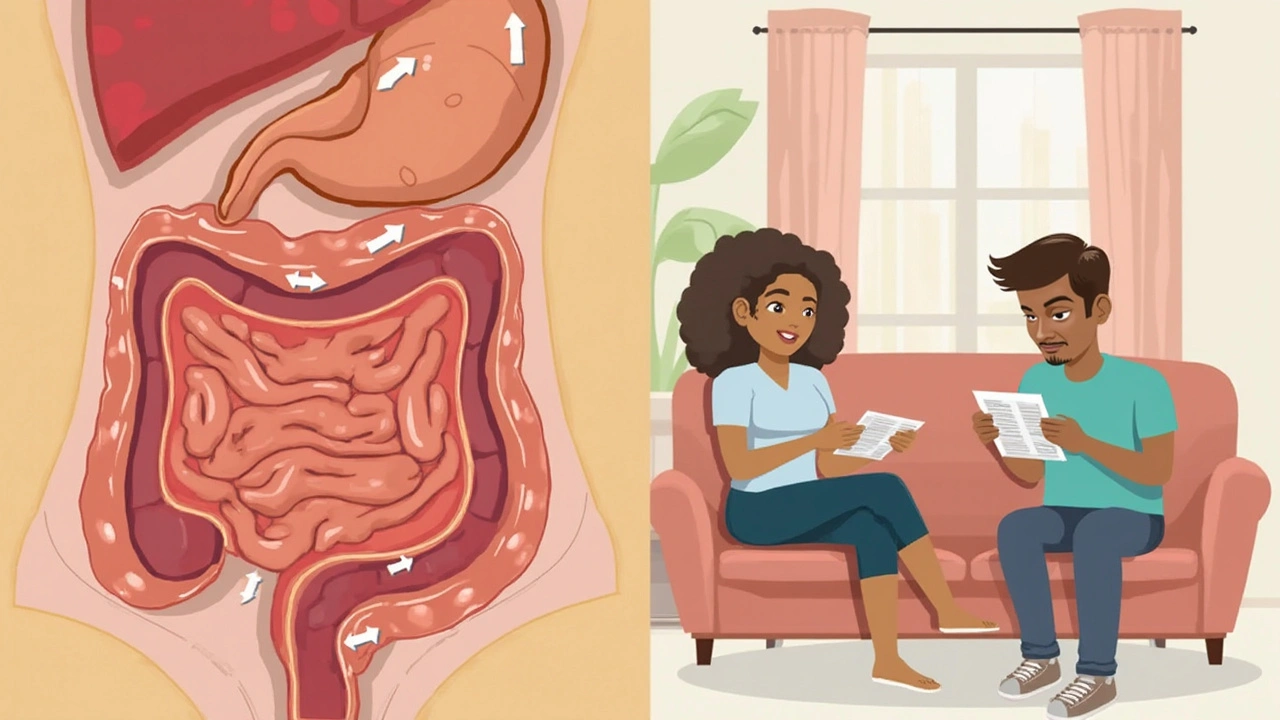Understanding Constipation: What You Need to Know
Constipation happens when your bowel movements become less frequent or difficult to pass. It’s a common issue that can make you feel uncomfortable or bloated. Most people face constipation at some point, and it’s often triggered by simple things like diet, stress, or lack of exercise.
Common causes include not drinking enough water, eating too little fiber, and ignoring the urge to go. Certain medications or health conditions can also slow down your digestive system. Knowing what causes your constipation is key to finding the right solution.
How to Treat and Relieve Constipation
Increasing your fiber intake is one of the easiest ways to improve constipation. Fruits, vegetables, whole grains, and legumes add bulk to your stool, making it easier to pass. Remember to introduce fiber gradually and drink plenty of water to avoid gas or cramps.
Physical activity also speeds up digestion. Even a daily walk can help move things along. If lifestyle changes aren’t enough, over-the-counter laxatives might offer temporary relief, but use them cautiously and not for long periods.
When to Seek Medical Advice
If constipation lasts more than a few weeks or comes with severe pain, bleeding, or weight loss, it’s time to see a doctor. Persistent issues may indicate underlying health problems that need professional care.
Understanding how your body works and taking simple steps can often solve constipation without hassle. Stay hydrated, keep active, and listen to your body’s signals to keep your digestion on track.
- May
6
2025 - 5
Understanding the Link Between Bladder Spasms and Constipation: Causes, Symptoms, and Relief Tips
Bladder spasms and constipation might seem unrelated, but they're more connected than most people realize. This article dives deep into how the gut and bladder interact, what actually happens during spasms, and why trouble in one area often brings trouble in the other. Learn practical tips, the latest medical facts, and simple changes that can make a big difference if you struggle with these issues. Readers will walk away with real-world solutions and a better understanding of what’s happening inside their bodies.
Read More